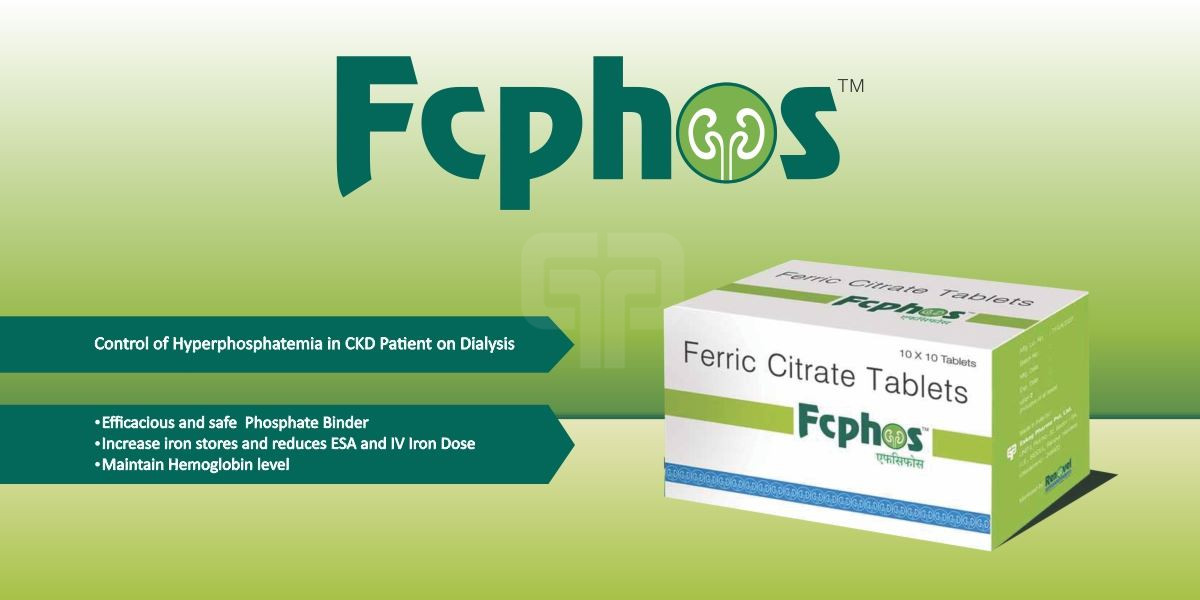Uses of Ferric Citrate in the treatment of iron deficiency anemia
Iron deficiency anemia is a common condition that affects millions of people around the world. It occurs when the body does not have enough iron to produce hemoglobin, a protein found in red blood cells that carries oxygen throughout the body. Iron deficiency anemia can cause fatigue, weakness, shortness of breath, and other symptoms that can impact a person’s quality of life.
One treatment option for iron deficiency anemia is Ferric Citrate tablets. Ferric Citrate tablets are a type of iron supplement that is designed to increase the amount of iron in the body. They work by releasing iron in the stomach and small intestine, where it can be absorbed into the bloodstream and used to produce hemoglobin.

Ferric Citrate tablets are approved by the US Food and Drug Administration (FDA) for the treatment of iron deficiency anemia in adults with chronic kidney disease (CKD). Studies have shown that Ferric Citrate tablets can effectively increase hemoglobin levels in CKD patients who are receiving dialysis.
In addition to its use in CKD patients, Ferric Citrate tablets may also be beneficial for individuals with iron deficiency anemia who are not undergoing dialysis. Some studies have suggested that Ferric Citrate tablets can increase hemoglobin levels and improve symptoms in non-CKD patients with iron deficiency anemia.
One advantage of Ferric Citrate tablets is that they are generally well-tolerated by patients. The most common side effects of Ferric Citrate tablets are gastrointestinal in nature, such as nausea, vomiting, and diarrhea. However, these side effects are usually mild and can often be managed with changes in dosage or administration.

When taking Ferric Citrate tablets, it is important to follow the recommended dosage and administration guidelines. Patients should take the tablets with food, as this can help reduce the risk of gastrointestinal side effects. It is also important to avoid taking Ferric Citrate tablets with antacids or other medications that can interfere with the absorption of iron.
In addition to taking Ferric Citrate tablets, there are other steps that individuals with iron deficiency anemia can take to improve their iron levels. Eating a diet rich in iron, such as red meat, poultry, seafood, and leafy green vegetables, can help increase iron intake. Iron supplements in other forms, such as ferrous sulfate or ferrous gluconate, can also be used to treat iron deficiency anemia.
In summary, Ferric Citrate tablets are a safe and effective treatment option for iron deficiency anemia, particularly in patients with chronic kidney disease who are receiving dialysis. Ferric Citrate tablets work by increasing iron levels in the body, which can improve symptoms and increase hemoglobin levels. While they are generally well-tolerated by patients, it is important to follow the recommended dosage and administration guidelines and to speak with a healthcare provider about any concerns or questions regarding iron deficiency anemia treatment.
